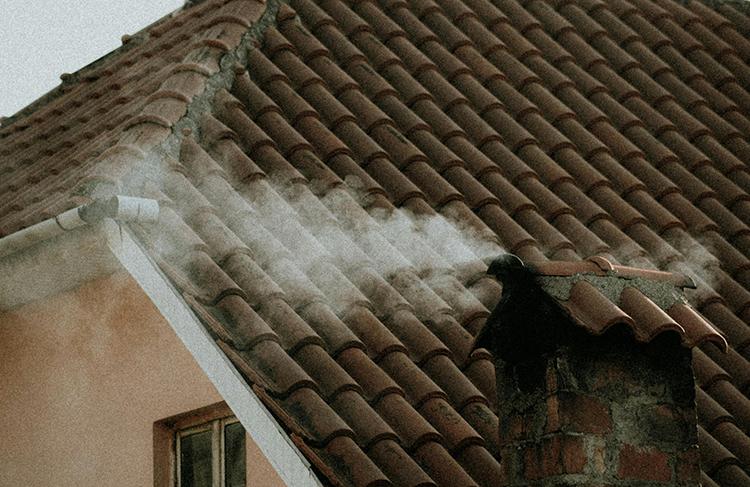Czech municipalities to handle boiler ban violations with education, sanctions as last resort
Municipalities across the Czech Republic are taking a measured approach to enforcing the recent ban on first and second emission class boilers, prioritizing public education and cooperation over immediate penalties. The ban, which took effect on Sunday, aims to phase out boilers that do not meet the stricter environmental standards of the third and higher emission classes. However, with an estimated 150,000 non-compliant boilers still in use, enforcement will largely depend on local assessments and resident reports.
According to the Association of Towns and Municipalities of the Czech Republic, municipalities will not conduct widespread inspections but will instead focus on monitoring areas where violations are suspected or reported. The primary goal, as stated by Pavel Drahovzal, Vice-Chairman of the association and Mayor of Velký Osek, is to inform households about available boiler replacement options, including subsidies that can alleviate the financial burden.
“Municipalities will approach households with old boilers sensitively, considering the local situation and residents’ needs,” said Drahovzal. “Our priority is to educate citizens about their options for replacing non-compliant boilers, particularly through subsidies that can significantly reduce costs. In many cases, we will prioritize reaching an agreement and finding acceptable solutions over immediate sanctions.”
While fines for non-compliance can reach up to 50,000 crowns and can be imposed repeatedly, Drahovzal emphasized that penalties will only be used as a last resort. Municipalities aim to balance environmental goals with the practical realities faced by households, focusing on communication and ongoing educational efforts.
In the lead-up to the ban, many municipalities have already launched awareness campaigns and provided advisory services to residents. These initiatives will continue as enforcement begins, ensuring that citizens are well-informed about their obligations and the support available to them.
The demand for boiler replacements has surged in recent weeks, with many orders placed just before the ban took effect. Despite the high demand, heating companies still have the capacity to complete exchanges by the end of the year if orders are placed by mid-September, according to Zdeněk Lyčka, President of the Association of Heating Technology Companies.
As municipalities navigate the transition, the focus remains on cooperation and education, with enforcement measures reserved for situations where no other resolution is possible.
Source: CTK









